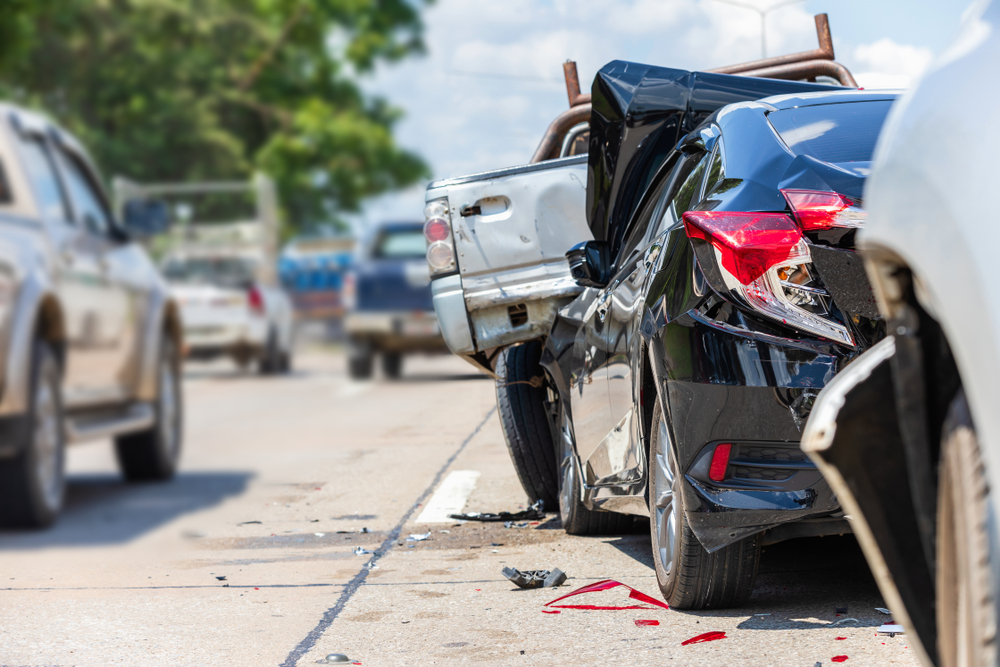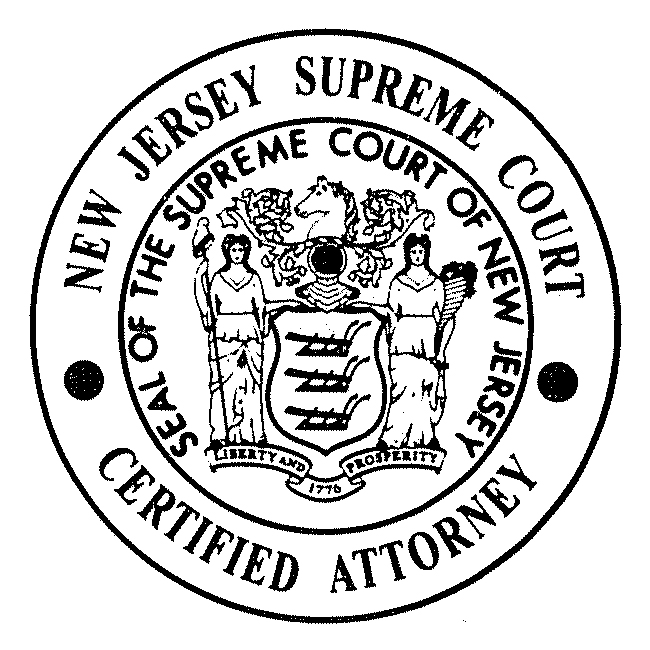What You Should Know About Rear-End Accidents

Rear-end accidents are one of the most common types of car accidents. Learn everything you need to know about rear-end accidents, including what they are, how they’re caused, and your options following one.
What is a Rear-End Accident?
A rear-end accident is when one vehicle hits another from behind. This most commonly occurs when one vehicle is stopped at a stop sign or red light. The other driver may not be paying attention, and then they no longer have enough room to brake safely when they notice that traffic is stopped.
What Are Common Causes of Rear-End Accidents?
Some of the most common causes of rear-end accidents include:
- Distracted driving
- Driving under the influence
- Driver inexperience
- Speeding
Distracted driving is one of the most common causes of rear-end accidents. There are a few other causes that prevent a driver from noticing stopped traffic in front of them.
What Types of Injuries Do Rear-End Accidents Cause?
Rear-end accidents can lead to many of the same injuries that any car accident can. However, some are more common because of the level of impact involved in a rear-end accident. Some common injuries that come from rear-end accidents include back and neck injuries and traumatic head injuries.
Many victims of rear-end car accidents may also experience whiplash. Whiplash occurs when the head is slammed forward at high impact. Some drivers may even experience other types of injuries, like broken bones or internal bleeding. The extent of each driver’s injuries usually depends on the speed at which the driver who rear-ends the other driver is going. The faster the speed before the collision, the greater the impact.
Who’s Responsible for a Rear-End Accident?
Unlike with other types of car accidents, it’s usually clear who’s at fault when a rear-end accident occurs. Rear-end car accidents are almost always caused by the driver who rear-ends the other driver. This is because the driver who is hit is usually stopped at a stop sign or red light, removing any responsibility from them.
This doesn’t mean that the driver who’s hit won’t be partially to blame. While it’s likely that the driver who rear-ends another driver will be subject to traffic violations and even legal liability, the other driver may also receive a ticket.
For example, New Jersey law requires that drivers maintain their vehicles. This includes brake lights. If broken brake lights contribute to the accident in any way, the other driver may be partially to blame.
Because New Jersey is a state that follows comparative negligence laws, it’s possible for more than one driver to be at fault. However, it’s unlikely that the driver who was hit will be more responsible than the driver who rear-ends them. This means the hit driver may be able to pursue compensation for their damages, minus any percentage in which they’re to blame.
If you were injured in a rear-end car accident, it’s important to work with a personal injury lawyer as soon as possible. Rear-end car accidents often lead to expensive damages. Proving fault in court may be easy with rear-end accidents, but you may also need to limit your liability to maximize your compensation eligibility.
Contact an Edison Personal Injury Lawyer to Discuss Your Rear-End Car Accident Case in New Jersey
Did you or a loved one sustain serious injuries due to a rear-end car accident in New Jersey? Don’t let the medical bills pile up while you wait for the negligent party or their insurance company to do the right thing. Right now, you need an aggressive personal injury attorney on your side, fighting to get you the compensation you need, want, and deserve. The skilled attorneys at Lombardi and Lombardi, P.A. represent clients injured because of a rear-end car accident in Piscataway, New Brunswick, Edison, Woodbridge, and throughout New Jersey. Call (732) 906-1500 or fill out our online contact form to schedule a free consultation about your case. We have an office conveniently located at 1862 Oak Tree Road, Edison, NJ 08820, as well as offices in Edison, Brick, Freehold, and Point Pleasant Beach, NJ.
The articles on this blog are for informative purposes only and are no substitute for legal advice or an attorney-client relationship. If you are seeking legal advice, please contact our law firm directly.






 CALL NOW
CALL NOW